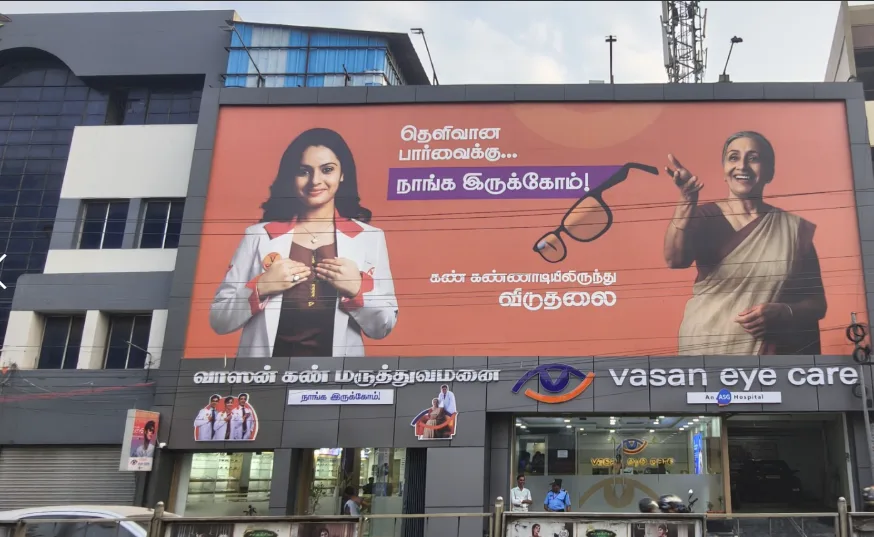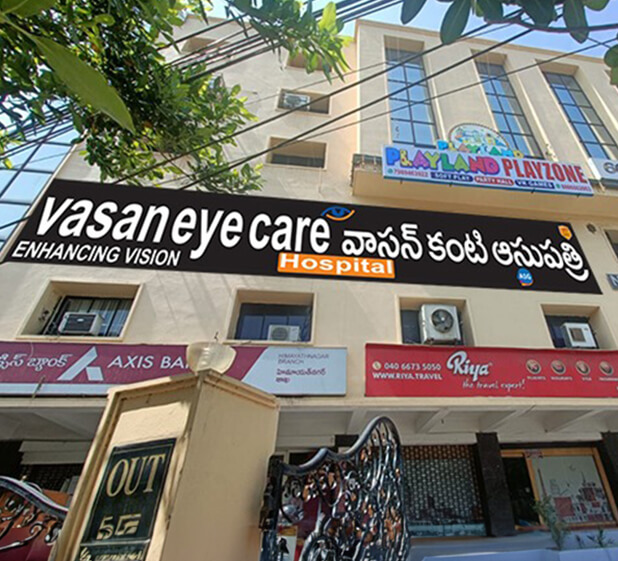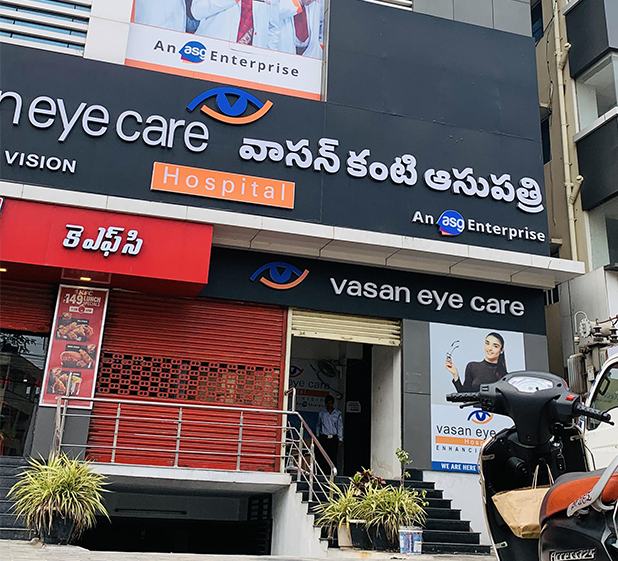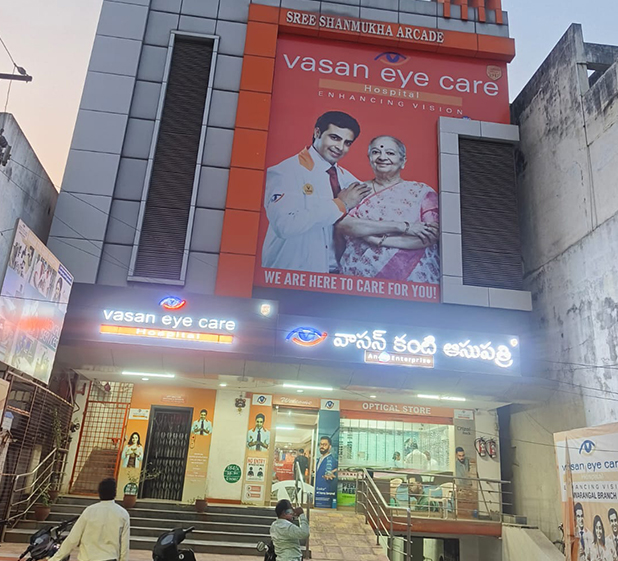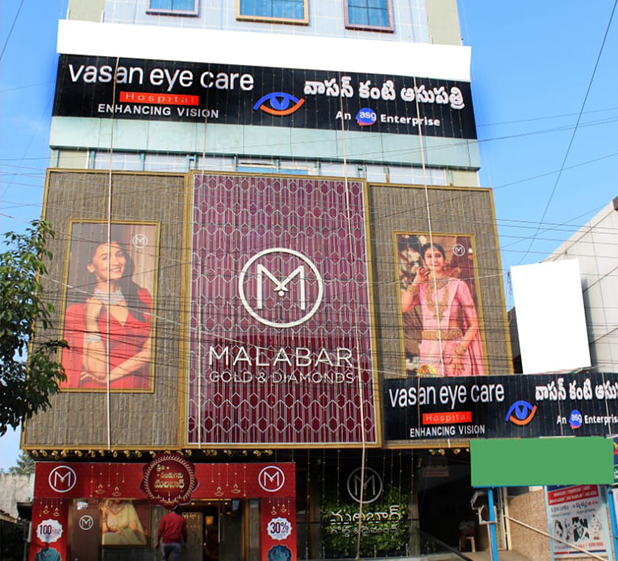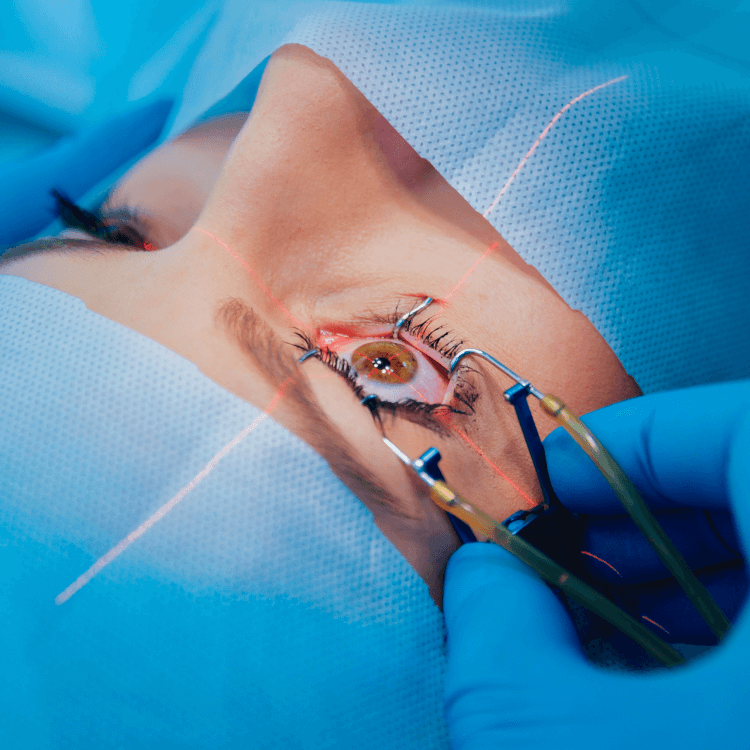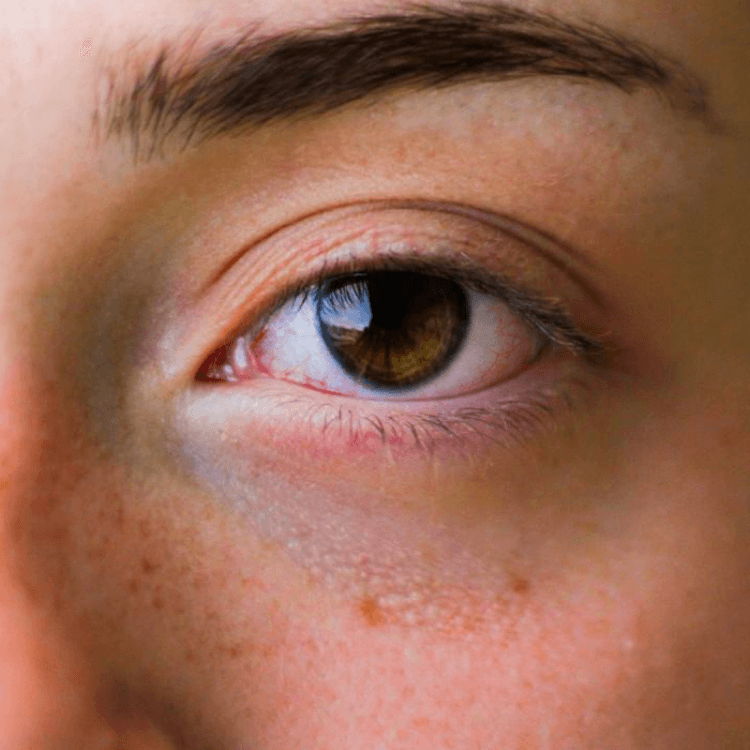
About Retinopathy Prematurity
What is Retinopathy Prematurity?
Retinopathy Prematurity (ROP) is an eye condition occurring in premature infants, where abnormal blood vessels grow in the retina, potentially resulting in blindness.
Symptoms
How to know if your baby has ROP
ROP typically shows symptoms too late. Parents might only notice signs of blindness when the baby is older than 6-8 months. Therefore, if your kid has had a premature delivery and/or has low birth weight, screening is very important.


Eyes don’t follow objects

Crossed eyes

Severe myopia (Nearsightedness)
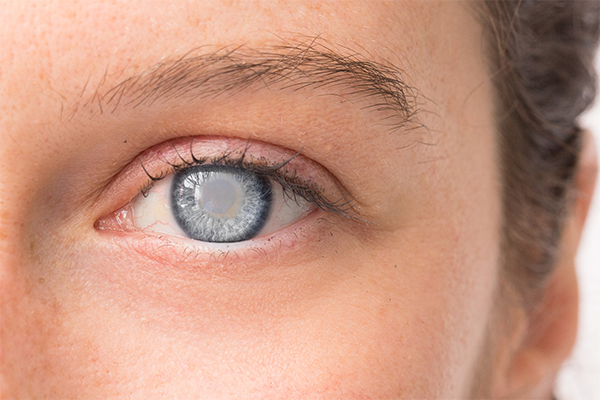
Leukocoria (White reflex in the pupil)
Risk Factors
Risk Factors that can lead to ROP
Treatments Available
Here’s how our experts it
ROP is treated depending on the severity of the stages:
- Stages 1 and 2 are potentially harmless.
- Stage 3 typically requires treatment.
- Stages 4 and 5 are the most severe.
After understanding the stage and severity, the treatments include:
Retina Services
The retina is the light-sensitive layer of tissue at the back of your eyeball. At Vasan, we employ advanced techniques to diagnose diseases that affect your retina.
Anti-VEGF Agents
Anti-VEGF agents are a group of medications which block the activity of VEGF, therefore reducing bleeding and vascular leakage.
Eye Surgery
For babies with partially or completely detached retinas (stages 4 or 5), usually surgery is recommended
Vitrectomy with/without lensectomy
Creating a small opening in the eye wall to remove most of the vitreous and replace it with saline solution. During the surgery laser is done to the abnormal avascular retina. The surgery may be combined with the removal of the crystalline lens.
FAQs
ROP is an eye condition affecting premature babies, causing abnormal blood vessel growth in the retina and potentially leading to blindness.
While prematurity is a primary risk factor, other factors including too much exposure to oxygen, infections, and poor weight gain after birth also contribute to the risk.
The stages of ROP progress from mild to severe and include:
- Stage I
- Mild abnormal blood vessel growth, often improving without treatment.
- Stage II
- Moderate abnormal blood vessel growth may also improve without treatment.
- Stage III
- Severe abnormal blood vessel growth toward the centre of the eye, sometimes requiring treatment, especially with ‘plus disease’ indicating progression.
- Stage IV
- Partially detached retina due to abnormal vessel pulling.
- Stage V
- Complete retinal detachment, leading to severe visual impairment or blindness without prompt treatment.
Yes, ROP can lead to other eye issues such as retinal detachment, myopia, strabismus, amblyopia, and glaucoma. Fortunately, all of these can often be treated, if diagnosed in time.
Treatment for ROP can lower the risk of vision loss, but unfortunately, some infants may not respond to treatment, and retinal scarring or detachment may still happen, typically affecting only part of the retina.
Other Diseases
Know more about other Eye Diseases
Diabetic Retinopathy
Diabetic Retinopathy happens when high blood sugar levels damage the retinal blood vessels. In the early stages of Diabetic Retinopathy, symptoms may not be noticeable.
Retinal Detachment
Retinal Detachment occurs when the retina separates from its supporting tissue, leading to severe vision loss and blindness.


